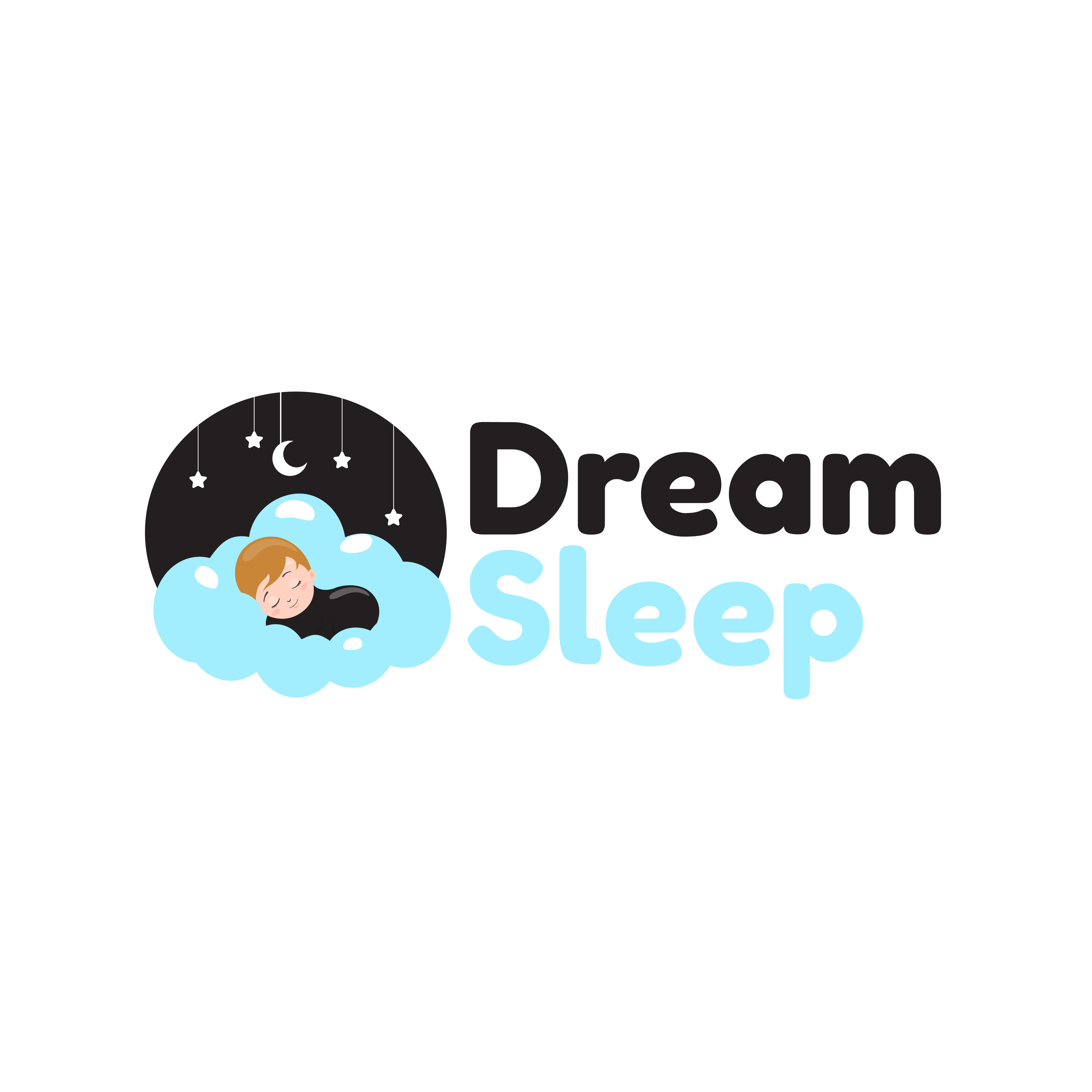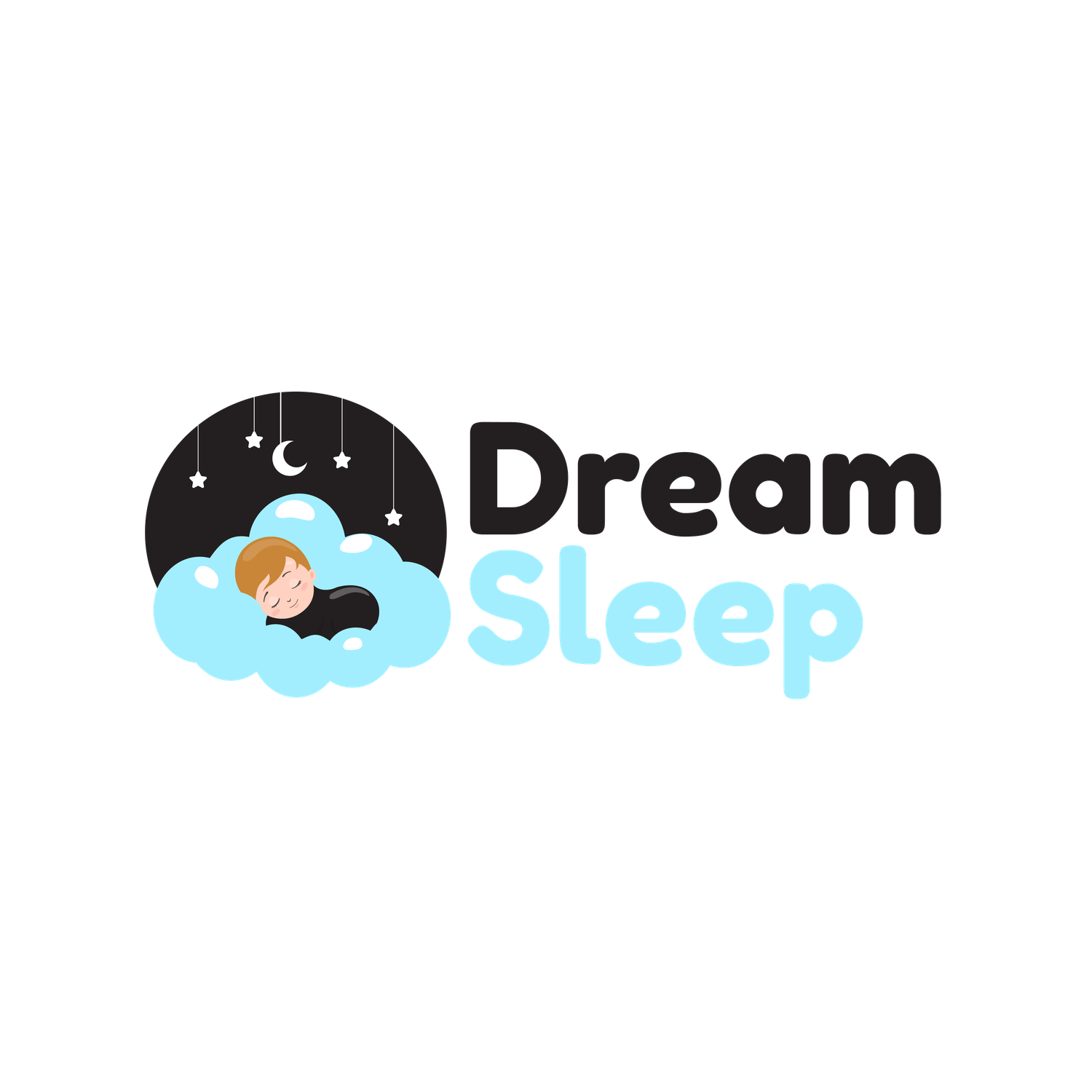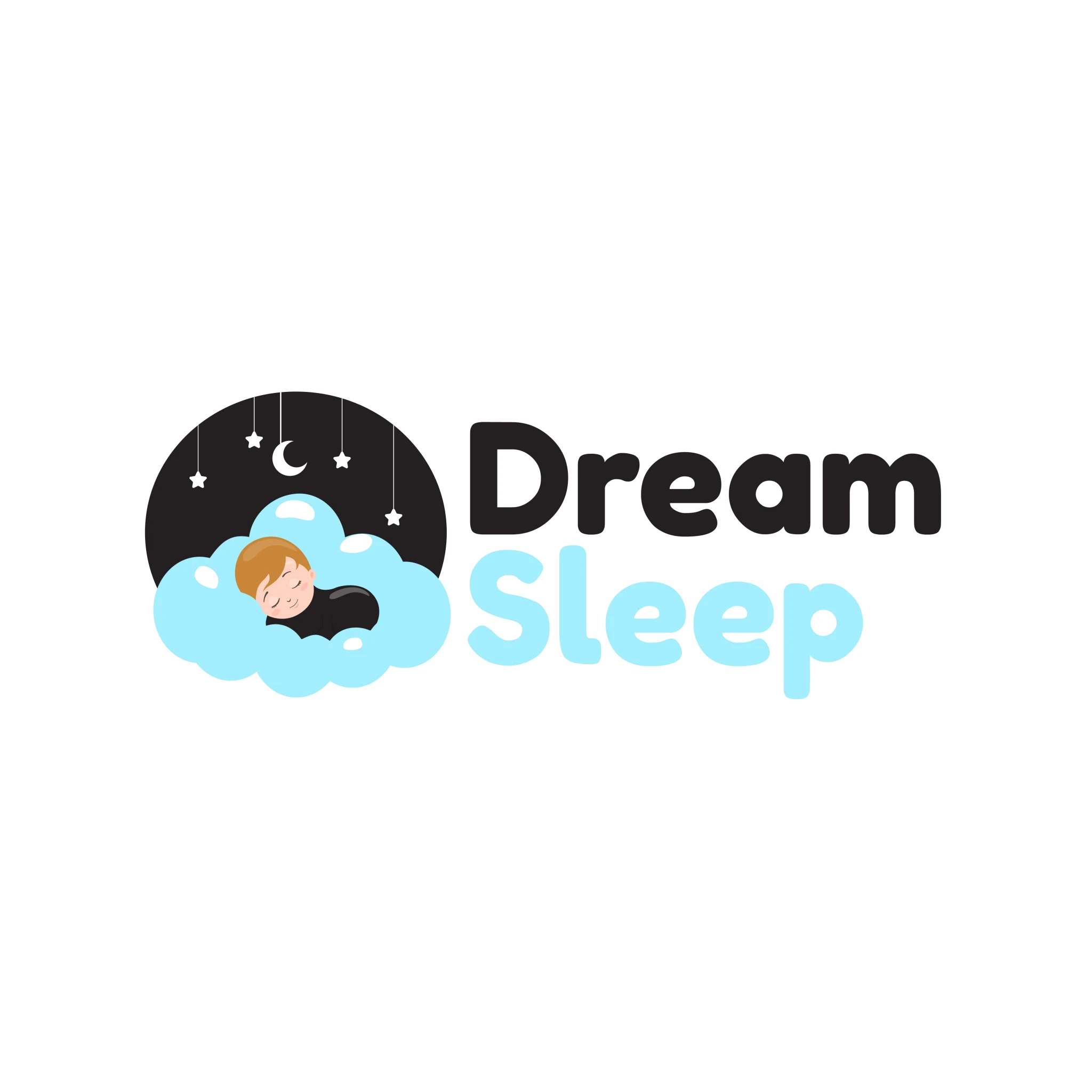The effects of lack infant sleep and Post Natal Depression
Postnatal depression, also known as postpartum depression, is a type of depression that occurs after childbirth. It affects both mothers and, to a lesser extent, fathers. Poor infant sleep refers to difficulties or disruptions in a baby’s sleep patterns, including trouble falling asleep, frequent waking during the night, or inconsistent sleep schedules.
The relationship between postnatal depression and poor infant sleep is complex and can vary from case to case. Here are a few key points to consider:
1. Impact on parental well-being: Poor infant sleep can contribute to increased stress, fatigue, and exhaustion for parents, which can exacerbate symptoms of postnatal depression. The constant sleep disruptions can make it challenging for parents to rest and recover, leading to heightened emotional and physical strain.
2. Negative cycle: Postnatal depression may affect a parent’s ability to respond consistently and sensitively to their baby’s sleep needs. Depression can make it harder for parents to establish healthy sleep routines, resulting in irregular sleep patterns for the infant. In turn, the baby’s sleep difficulties can further disrupt parental sleep and contribute to feelings of helplessness, guilt, or inadequacy in the parents.
3. Hormonal and biological factors: Both postnatal depression and infant sleep patterns can be influenced by hormonal and biological factors. Hormonal changes after childbirth can contribute to mood fluctuations and disruptions in sleep patterns for both parents and infants.
4. Social support: Lack of support can contribute to both postnatal depression and difficulties in managing infant sleep. Adequate social support, including emotional support from partners, family members, or healthcare professionals, can help parents cope with postnatal depression and manage the challenges associated with infant sleep.
Addressing postnatal depression and poor infant sleep:
1. Seek professional help: If you suspect postnatal depression or are struggling with infant sleep, it is crucial to consult a healthcare professional. They can provide a proper diagnosis, offer guidance, and recommend appropriate treatments or interventions.
2. Establish a routine: Developing a consistent sleep routine can help regulate the baby’s sleep patterns. This includes establishing regular sleep and wake times, creating a soothing bedtime routine, and providing a conducive sleep environment.
3. Self-care: Prioritise self-care to manage postnatal depression. Get sufficient rest when possible, eat a healthy diet, engage in physical activity, and seek support from loved ones or support groups.
4. Seek support: Don’t hesitate to reach out to your partner, family, friends, or healthcare providers for support. Joining support groups or seeking therapy can provide additional assistance in managing postnatal depression and addressing infant sleep concerns.
Remember, every parent and baby are unique, and what works for one might not work for another. It’s essential to consult healthcare professionals who can provide personalised guidance based on your specific circumstances.
For assistance for post natal depression please refer to PANDA website
To contact Dream Sleep Occupational Therapy via email info@DreamSleepOT.com.au or visit the website.
Or Book Now

Share this:
Leave a comment
Previous Post
Next Post

For the best sleep possible
Dream Sleep Occupational Therapy provides evidence-based and personalised advice to support your family’s best possible sleep
Contact Us
Open Hours
Mon-Fri: By appointment only
Saturday: Closed
Sunday: Closed
Public Holidays: Closed
WA School Holidays: Closed
Location
Maylands, Western Australia.
Telehealth, online courses and sleep guides- worldwide
All Rights Reserved 2025 Dream Sleep OT.


